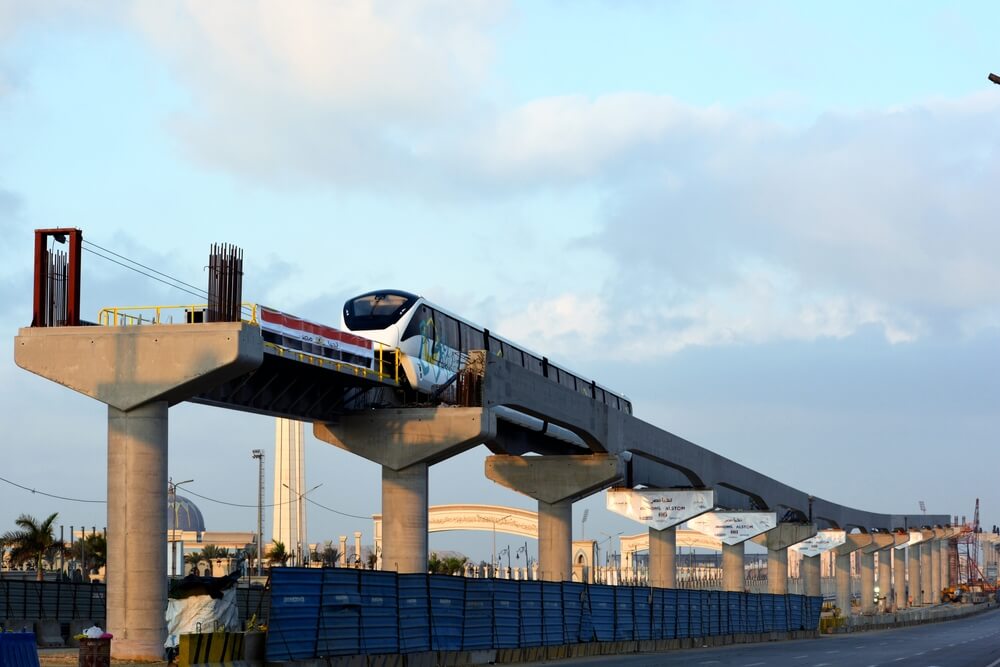Instead of the expected joint declaration, the finance ministers of APEC (Asia-Pacific Economic Cooperation) clashed openly over US tariffs and the reform of the World Trade Organisation (WTO) at their meeting in South Korea on 15 May.
The members warned that maintaining current trade barriers in the long term could lead to a slowdown in regional exports. According to the APEC Secretariat, real growth in goods exports will be between 2.7% and 3.5% in 2025, compared to just under 3.9% (Q1) in 2024 or 4.3–4.4% according to annual projections.
At the beginning of May, WTO Director-General Ngozi Okonjo-Iweala announced in an online address to members that the reform would be a priority at the 14th WTO Ministerial Conference scheduled for March 2026.
She reiterated the call to restore the Appellate Body with deadlines for adjudication and to introduce a temporary framework for emergency measures until the entire reform package is adopted.
At the opening of the summit, countries such as Australia and Canada expressed their concern about the state of the dispute settlement mechanism.
When the Appellate Body’s term expired in 2020, members no longer had a body to hear and decide any new appeals, so they had to resort to "provisional" bilateral and regional dispute settlement agreements.
In the absence of an effective dispute mechanism, the application of existing rules is weakened, and the tendency towards safeguard measures and protectionism increases, further undermining the WTO's role as a guarantor of trade predictability. The proposal by the US and the EU to introduce a system of "mini-agreements" instead of the traditional negotiation cycles has met with mixed reactions.
Are WTO rules outdated?
The Joint Statement Initiative on e-commerce, to which more than 80 members (excluding the US) have signed up, shows that a modular approach can speed up rule-making in critical areas such as data protection and customs procedures.
However, there is a risk of fragmentation in the legal framework, as developing countries with limited negotiating capacities could be marginalised.
The Director-General of the WTO assessed the current rules as "outdated" and called for an urgent reform of monitoring implementation, the decision-making process, and technical assistance to developing countries.
Digitisation, the growth of services, and the fragmentation of regional blocs are increasing the pressure on the WTO to strengthen its institutions
Digitisation, the growth of services, and the fragmentation of regional blocs are increasing the pressure on the WTO to strengthen its institutions before the energy transition and recovery from the pandemic are seriously challenged.
At the same time, during her visit to Tokyo, Okonjo-Iweala called on Japan to take a leading role in upholding the multilateral order and demonstrated how wealthy economies can reconcile national interests and global cooperation.
Changes to the rules for digital and green trade
In addition to the issue of improving dispute settlement and introducing modular "mini-agreements", the WTO urgently needs to strengthen its capacity in the areas of digital and green trade.
The pace of technological change requires clear guidelines for digital services, data protection, and e-commerce. If members do not agree on common rules in the next year, German and Japanese companies, which are already investing billions in digital platforms, will lose confidence in the multilateral framework and increasingly enter into bilateral or regional agreements with tech giants.
The WTO needs to establish rules that allow fair competition between clean and carbon-intensive industries
The next major challenge is the green transition. The EU is already negotiating a mechanism to limit carbon emissions (CBAM), while the US is introducing stricter standards for financing renewable energy projects.
The WTO needs to establish rules that allow fair competition between clean and carbon-intensive industries. Without such a framework, there is a risk that the energy and automotive industries will opt for privileged regional agreements rather than global ones, based on the assumption that Brussels or Washington will favour their own manufacturers.
The danger of fragmenting the global market
Technical assistance and training for developing countries must be expanded far beyond existing programmes.
According to the WTO Secretariat, only 30 per cent of member states use less than 10 per cent of the funds earmarked for development initiatives.
If the quantity and quality of training are not improved, weaker negotiators—from Bangladesh to Kenya—will remain marginalised, and trade flows for import and export goods will become riskier.
They also need direct access to digital platforms for monitoring compliance and resolving disputes without having to hire expensive international legal teams.
 Uncertainty and fragmentation are the main barriers to multi-trillion-dollar investments in infrastructure and manufacturing
Uncertainty and fragmentation are the main barriers to multi-trillion-dollar investments in infrastructure and manufacturing
At the same time, the private sector expects predictability. International consultants explicitly point out that uncertainty and fragmentation are the main barriers to multi-trillion-dollar investments in infrastructure and manufacturing.
The trade and industry ministries of the leading economies must work with the WTO to develop a "roadmap" for phasing out competition-distorting tariffs and subsidies.
New global initiatives are also on the horizon for reform—from BRICS countries pushing for an alternative dispute mechanism to ideas for specialised forums for digital and green policies.
If the WTO does not incorporate elements of these proposals before the Ministerial Conference (MC14), it risks losing its primacy in global standard-setting.
The ability of an organisation to integrate different approaches without compromising the meaningful application of existing rules will determine its position.
Any attempt to reshape the WTO, without a constructive compromise, such as modular agreements or comprehensive rounds, is bound to achieve only partial success.
The success of these reforms would mean a return of confidence in the multilateral order and a strengthening of the WTO's role as the main arbiter of world trade. If the reforms are not implemented, the markets will fragment further, and new regional and bilateral alliances could permanently change the global trade framework.